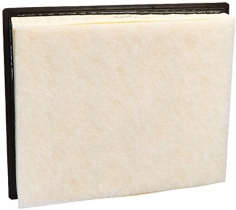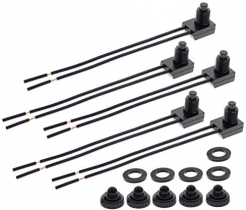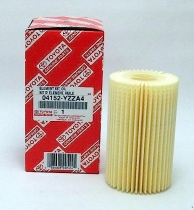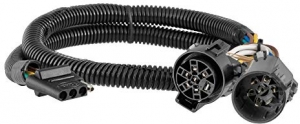-
Welcome to Tundras.com!
You are currently viewing as a guest! To get full-access, you need to register for a FREE account.
As a registered member, you’ll be able to:- Participate in all Tundra discussion topics
- Transfer over your build thread from a different forum to this one
- Communicate privately with other Tundra owners from around the world
- Post your own photos in our Members Gallery
- Access all special features of the site
Engine Rattle running 87
Discussion in '2.5 Gen Tundras (2014-2021)' started by stautert, May 12, 2021.


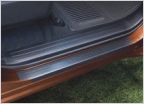 Help with 2018 Upgrades
Help with 2018 Upgrades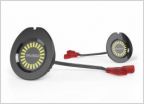 Led puddle lights
Led puddle lights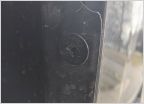 Question on wheel well push pins
Question on wheel well push pins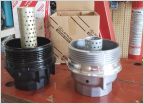 1st oil change and...
1st oil change and...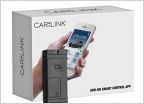 19’ Remote Start
19’ Remote Start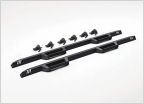 Will these steps fit a 2021 Crewmax TRD Pro
Will these steps fit a 2021 Crewmax TRD Pro







